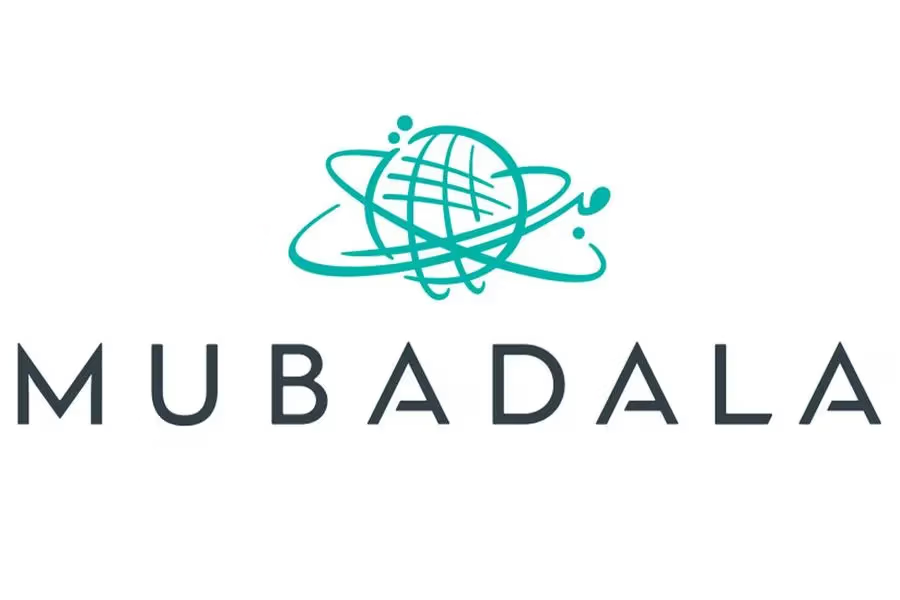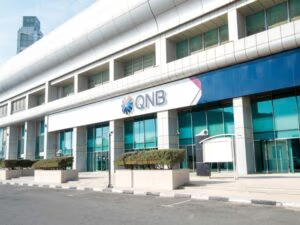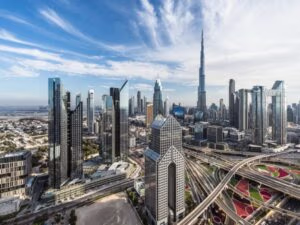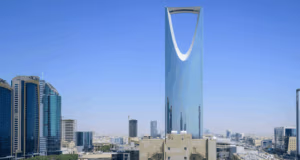Mubadala Investment Company, one of the UAE’s largest sovereign wealth funds, is intensifying its commitment to China, even as Western institutional investors adopt a more cautious stance toward the world’s second-largest economy.
Speaking at the SuperReturn Asia event earlier this month, Mohamed Albadr of Mubadala said China remains central to the fund’s Asia strategy, with nearly 100 active investments supported by a Beijing office of 35 staff. “Everyone says the market peaked. But it’s a $20 trillion economy, there’s got to be some real high-quality opportunities at the right price,” Albadr noted.
Mubadala, with $330 billion in assets under management, currently allocates around 40% of its portfolio to North America, 23% to the UAE, and 16% to Europe. The Asia-Pacific region accounts for 13%, with plans to raise that share to 20% over the next decade. Within Asia, China represents roughly half of Mubadala’s exposure.
Recent moves include the fund’s participation in a consortium that acquired majority control of Chinese property developer Dalian Wanda’s mall unit for $8 billion in 2024. Beyond China, Mubadala is also eyeing private markets in Japan, South Korea, and India as part of its longer-term pivot to Asia.
China, facing higher tariffs from the U.S., European Union, and Mexico, has actively courted Middle Eastern investment. Last year, sovereign wealth funds from the region accounted for about 60% of China’s SWF inflows, worth $6 billion, according to Global SWF data.
Analysts say the Gulf’s focus on economic diversification aligns well with China’s strengths in technology, AI, and clean energy. “If you’re in the GCC, you’re looking to build tech ecosystems and be at the forefront of artificial intelligence, electric vehicles, and life sciences areas where there is a fit to partner with the Chinese,” said Cate Ambrose, CEO of the Global Private Capital Association, in comments reported by Reuters.
China’s rapid advances in technology, including the launch of AI chatbot DeepSeek earlier this year, have reinforced its appeal to investors. The Hang Seng Tech Index has surged about 40% in 2025, while Hong Kong’s benchmark index is up 35%, reflecting investor optimism around AI-led growth.
For Mubadala, the strategy highlights both confidence in China’s long-term trajectory and the UAE’s ambition to position itself at the center of the East–West investment corridor.






